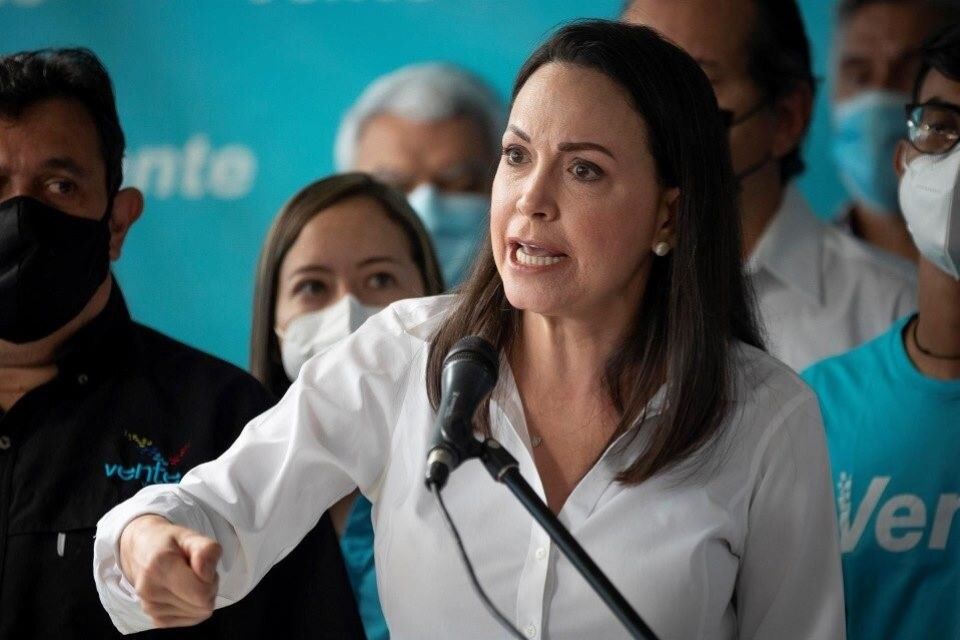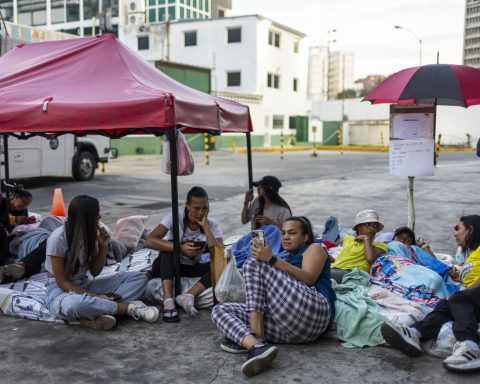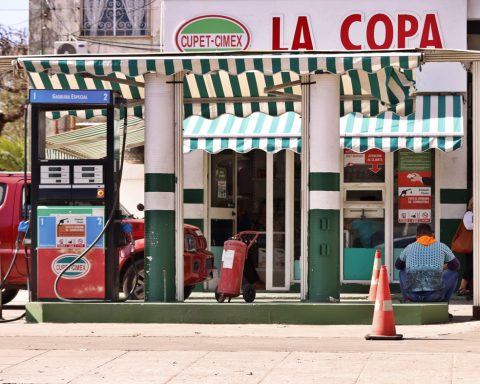Uruguay received 1,700 revalidation applications in eight months
The First Meeting of the New Regional Agreement for the Recognition of Higher Education Studies, Titles and Diplomas in Latin America and the Caribbean was held with the aim of strengthening cooperation and guaranteeing the quality and mobility of professionals in the continent.
The event, which ends today, Friday the 14th, at the AFE Cultural Center, receives representatives from Argentina, Bolivia, Brazil, Chile, Colombia, Cuba, Granada, Guatemala, Nicaragua, Panama, Peru, Puerto Rico, and the Holy See.
On behalf of Uruguay, the Minister of Education and Culture, Pablo da Silveira; the national director of Education, Gonzalo Baroni, and the head of the Higher Education Area, Carlos Romero. On behalf of Unesco, there is the director of the International Institute for Higher Education in Latin America and the Caribbean, Francesc Pedró, and the director of the international organization in Montevideo, Ernesto Fernández Polcuch.
In this first meeting, the states will elect a committee, approve a regulation that will regulate its powers, composition and activities, and develop the work plan for the years 2023 and 2024.
During the inauguration, Minister Da Silveira informed that Uruguay is developing an internal process to modernize the procedures applied in this matter. Likewise, he recalled the ratification of the agreement, carried out by Parliament in 2022.
On the other hand, he highlighted the historical commitment to multilateralism and the importance of building institutional and regulatory frameworks that help the relationship between countries, and facilitate the lives of citizens. In this sense, he added that for the Government “it is an absolute north”, since the centrality in the person is a “great flag in our management”. In addition, he expressed that the implemented policies are evaluated based on how they affect people’s lives.
In statements to the press, he also explained that the increase in international student mobility and the growing complexity of university systems have led to the establishment of a discussion regarding the establishment of general criteria, so that countries adopt recognition mechanisms and Increase your agility and confidence.
Meanwhile, the national director of Education, Gonzalo Baroni, argued that the regional recognition of higher education is a State policy, and that the authorities are “convinced of the lines that the country has to take in the area of higher education.” .
Baroni pointed out that this agreement aims to generate recognition spaces. In addition, he indicated that this will allow citizens to continue developing their educational paths in different states.
On the other hand, he informed that Uruguay will chair the committee for two years, during which it will lead a process that will be innovative and “will put us in line with the world.” In this context, he indicated that in the country the process is simple, is carried out, in part, online and generates a not very large cost.
Finally, he said that Uruguay received some 2,400 requests for revalidation of professional titles in the last 10 years, while in the last eight months 1,700 requests have already been submitted. This shows a “qualified migration” and a population interested in settling in the country, he specified.
















